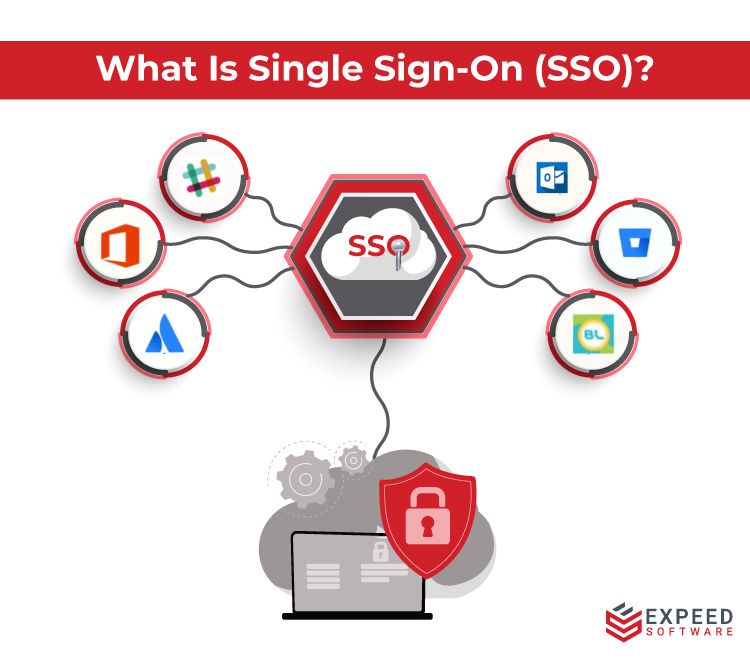The Software as a Service or SaaS development model offers many advantages over traditional software installations, including flexibility, scalability, and cost-effectiveness. Today, businesses use many SaaS products to automate their daily operational processes. However, one of the biggest challenges businesses face when moving to the cloud is identity and access management. You only need to look at recent SaaS security incidents to understand the importance of getting this right. For example, Hubspot, Okta, and Microsoft recently experienced breaches that took advantage of authentication loopholes. If every SaaS product you use requires you to create a new username and password, you will end up with a large set of credentials leading to security issues. One of the best ways to secure access to SaaS applications is through single sign-on (SSO), thereby allowing users to access them with a single username and password issued by the organization the user belongs to.
What Is Single Sign-On (SSO)?

Image Source: Medium.com
SSO is an authentication strategy that allows users to access multiple applications with one set of credentials. Typically, the user signs in with their username and password, and then they are granted access to all the applications they are authorized to use. The credentials to the user are managed by a single identity provider such as Azure Active Directory, Okta, and Amazon Cognito.
The initial application talks to the identity provider with the user’s credentials and gets a token, from then onwards, every other application sees that token as part of the request and knows how to parse that token and get the user information without prompting the user for credentials again.
Benefits of SSO for SaaS
There are many benefits of using SSO for SaaS product development.
Increased Security
With SSO, businesses can implement more robust authentication policies.
- Passwords are not shared with third-party service providers: When users sign in to an application with SSO, they enter their credentials into a central authentication server. As a result, passwords are not stored on individual applications, making them less likely to be compromised.
- Tokens expire automatically: When users sign in to an application with SSO, they are issued a token. This token gives them access to the application for a certain period. When the token expires, the user is automatically signed out of the application.
- Centralized Authentication Management: SSO provides businesses with a central place to manage all their authentication information. This includes passwords, tokens, and permissions.
- Complex Password Standards: With SSO, businesses can implement complex password standards that are difficult for hackers to guess.
- Users Prevented from using the same password for multiple services: Businesses can prevent this by requiring users to set different passwords for each service
Simplified User Management
SSO can simplify user management for businesses as follows:
- Reduced number of passwords to remember: With SSO, users only need to remember one set of credentials.
- Easier to revoke access to multiple applications at once: If a user needs to be removed from an application, it can be done quickly and easily from the central authentication server.
- Ability to centrally manage permissions: SSO provides businesses with a central place to manage all their authentication information.
Reduction in Costs and Improved Productivity
SSO can also lead to reduced costs and improved productivity in the following ways:
- Fewer Help Desk Calls: When users have one set of credentials, they are less likely to forget them. This can lead to reduced help desk calls and lower IT costs.
- Increased Employee Productivity: When users don’t have to remember multiple credentials, they can be more productive. In addition, SSO can lead to reduced password reset requests and fewer login issues.
Single sign-on is a powerful authentication method that can increase security, simplify user management, and reduce costs.
If you are looking for a way to improve your SaaS authentication process, SSO may be the right solution. For more information on how to implement SSO, get in touch today.

